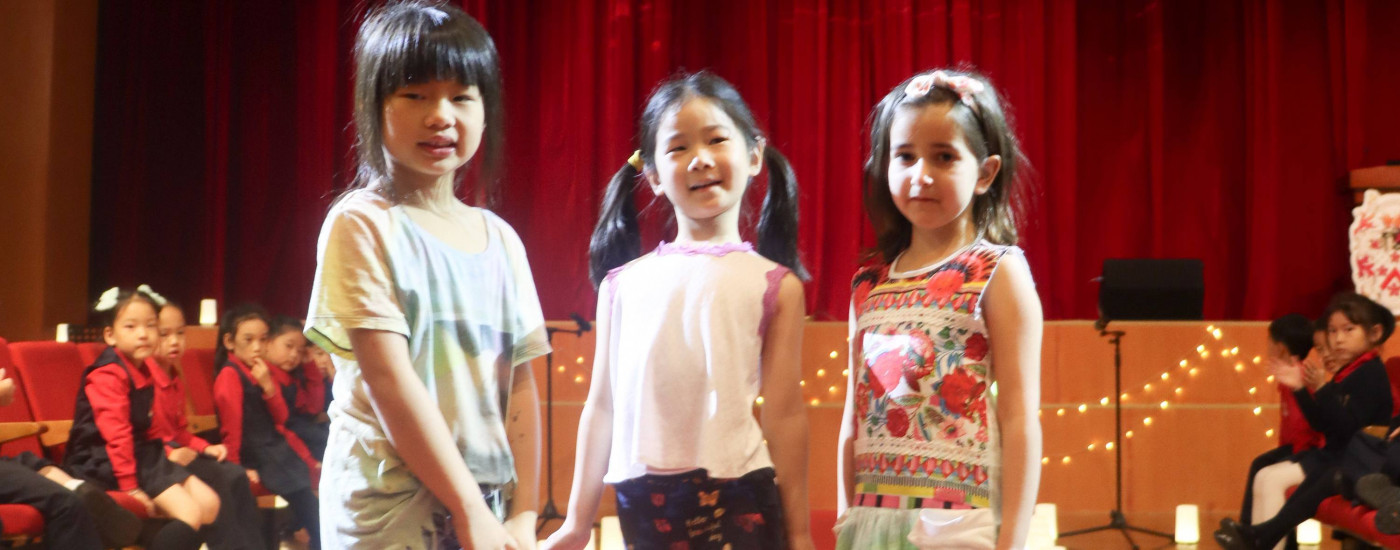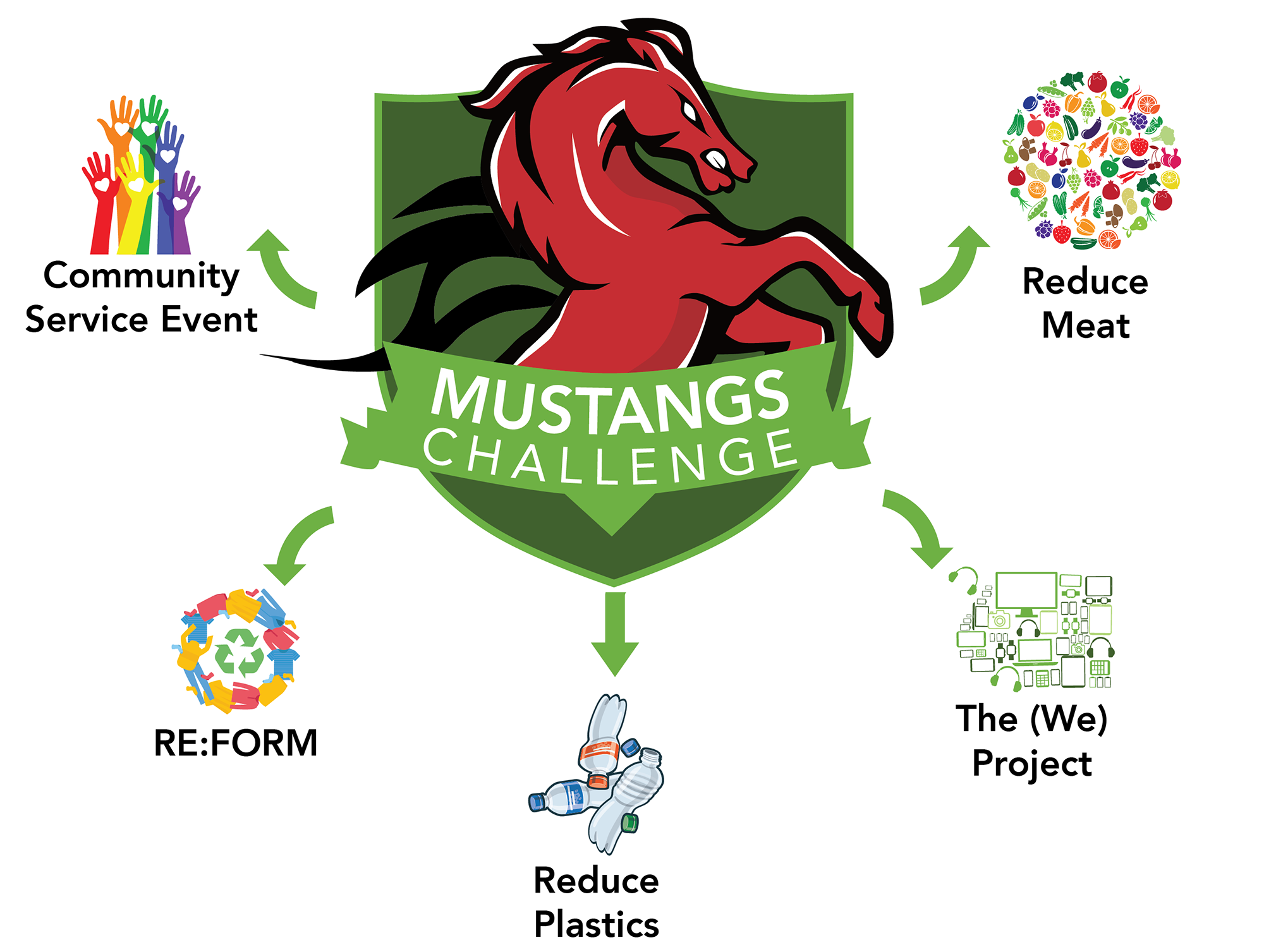Developing a Sustainable Disposition

Disposition is defined as a person’s inherent qualities of mind and character. It comes from within, and is more than something that people do. It is who they are.
Developing dispositions in young children is a complex process. Although children are innately wired to care about things, and to connect with the world around them, without careful opportunity to project these dispositions in meaningful ways they can be extinguished by every day business. Schools need to make sure that children’s every day business uncovers and ignites the things that they value, bringing them into learning opportunities so that their dispositions are amplified.
More Than a Curriculum
Sustainability is much more than something we learn about – it is a desirable disposition in the 21st century if the next generation are to going to solve some of the greatest problems that humanity have faced. At Dulwich College Shanghai Puxi, our curriculum aims to provide real life situations for children to face the challenges and tensions that exist when we consume resources. We investigate, research and enquire. We grapple with concepts, and engage with experts. Sometimes we reach conclusions or find solutions. But mostly, we open children up to active global citizenship, and exercising their agency to make changes in the world around them.
Knowledge, Skills, Conceptual Understanding and Purposeful Contexts
What impact do humans have on the environment? Should we intervene to save the Indian elephant? What makes the world angry? These are some of the questions that are posed to students which allow them to engage in sustainable and ethical issues in real life situations. Last week I visited a fashion show curated by Y2 students, featuring upcycled fashion designs. The show was a culmination of their learning around animals and habitats, where children explored the loss of habitats of many species threatened by the tonnes of waste that ends up in landfill every year. Throughout the unit, children acquired scientific knowledge of animals and habitats, and materials and their properties; developed a wide range of skills including design, technology, resourceful thinking, and enquiry; and they engaged with deeper transferable concepts such as interdependence, survival and adaptation. Most importantly, their disposition toward sustainable life practice was ignited.
The Mustang Challenge
Our students have a track record of evoking positive change in the Dulwich organisation. Past campaigns and appeals to the leadership of the College have resulted in a reduction of plastic waste by banning straws, yoghurt pots and throw away cups in the coffee shop, and more sustainable food choices by promoting recipes which use ingredients free of palm oil, and having more meat free choices in the restaurant.

This year, the children are finding ways to make school stationary more sustainable to further reduce the amount of plastic waste that ends up in land fill. This is all part of the Mustang Challenge – 5 ways that students can adopt sustainable practices:
- Reduce the amount of plastics you use
- Reduce the amount of meat you eat
- Recyle by contributing to the (We) Project
- Recyle by contributing to RE:FORM
- Participate in a community service event
The challenge was launched in assembly by Mr Ingram, and is supported through our partnerships with Green Initiatives, Hearts and Hands, and United World Schools.
We hope that this layered approach of embedding sustainability into the curriculum, engaging head on with the current challenges that are facing the world, and uncovering our children’s innate desire to save the things they care about will give them the disposition required to make sustainable choices their business of the future.





